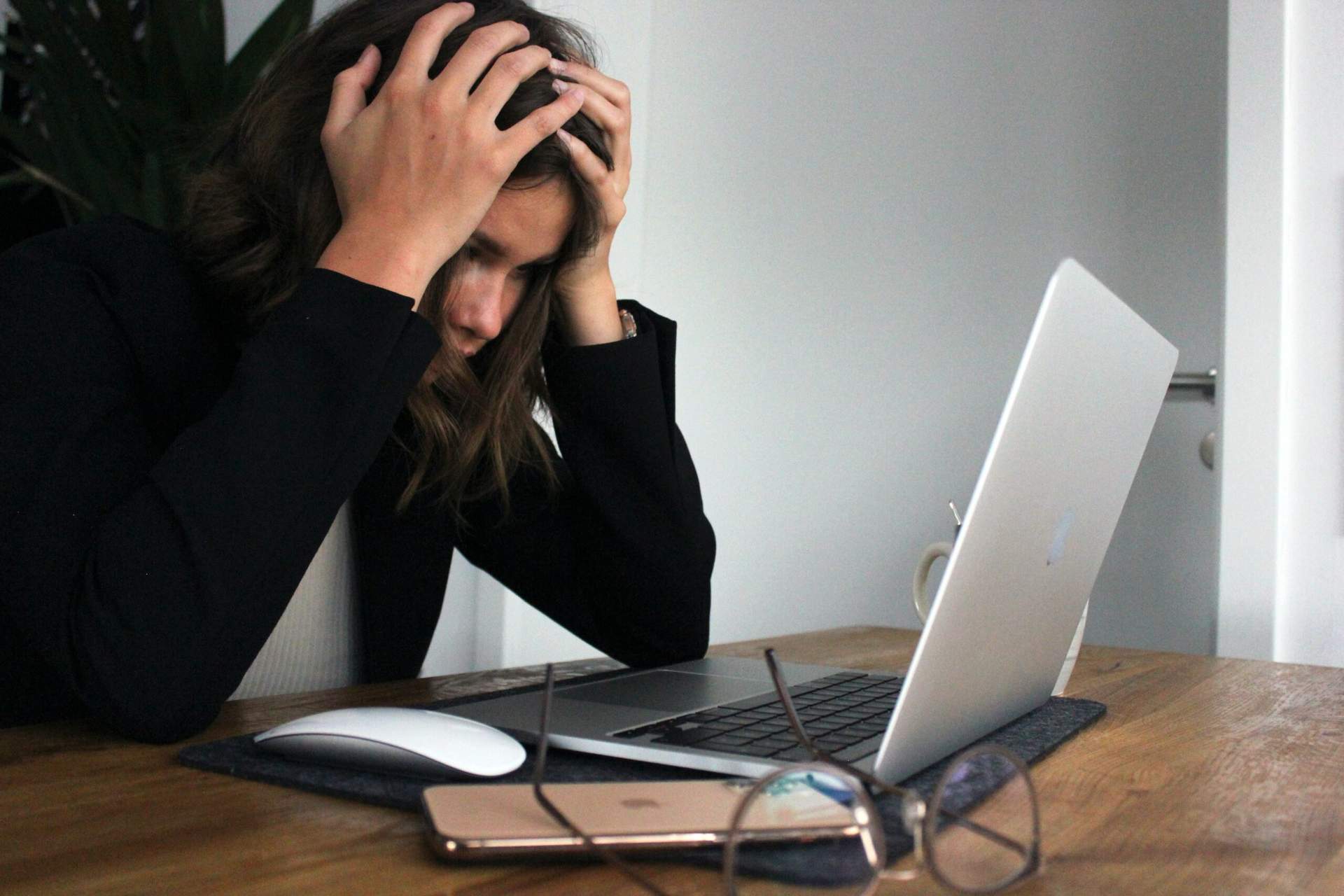The term burnout has been mentioned a lot in recent years, but what exactly is it?
Burnout is a state of emotional, mental and physical exhaustion that comes as a result of overworking or excessive professional responsibility. A 2023 report found that almost half of UK workers are experiencing burnout and work-related stress, costing the economy almost £28 billion annually.
Mental Health UK found that one in five workers felt ‘unable’ to manage pressure and stress levels at work.
In this article, we’ve put together some simple suggestions that can be adopted to make recovery from burnout more manageable and reduce the likelihood of reoccurrence in the future.
How Can You Recover From Burnout?
Patience is key when recovering from a prolonged period of stress and can’t be solved after one night of self-care. Giving yourself time to recuperate after experiencing mental and physical strain is important. Don’t expect to bounce back to the same chaotic schedule that landed you there in the first place. Showing yourself some compassion goes a long way, for example speaking to yourself with kindness and the understanding that rest is necessary when feeling burnt out. Better yet, recognising early signs of burnout will help avoiding it for a prolonged period of time.
Additionally, resetting by taking off those extra days you’ve been saving up to simply do nothing or go on that weekend away you’ve been thinking about can be crucial in avoiding burnout. Completely switching off will speed up your recovery process when feeling those effects. Setting work boundaries can be as simple as taking breaks when you’re experiencing a block of unproductivity, or creating a more healthy work-life balance. This is especially important if implementing hybrid working. If this is the case, actions like turning off your laptop and email notifications when the working day is over, are beneficial.
Prioritising good nutrition and moving your body when you can, will help you to feel better mentally and physically. However, don’t push your limits as your body still needs time and rest. Similarly, don’t underestimate a good night’s sleep or, better yet, a regular, solid night routine is a cheat code to feeling and performing better at work. Unwinding before bedtime can make falling asleep that bit easier, for example disconnecting from screentime an hour before bed.
However, if symptoms of burnout are affecting your everyday life, then seeking professional help in the form of therapy is recommended. There is no shame in knowing you need extra help beyond your own reach. Talking to a professional can help you feel better and provide you with tools to deal with similar feelings in the future.
The hardest part of burnout recovery is recognising and understanding that you need to take a step back. Burnout is not something to be romanticised in today’s career-minded world. Implementing these suggestions into your routine, will hopefully help reduce the effects of being burnt out, and help you to recover.
If you’re seeking further business advice, Chamber of Business is full of expertly curated tips to benefit your business.

